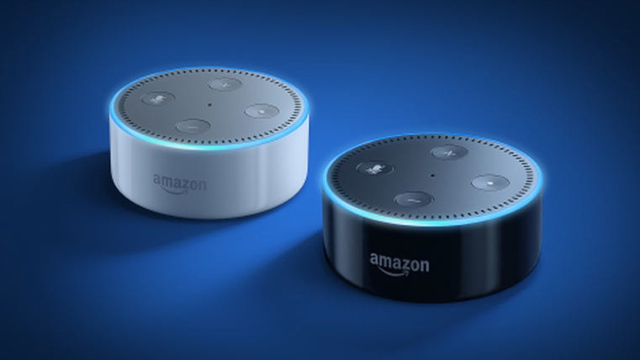Consumers buying smart home and other Internet of Things devices don’t often understand the wider implications of their purchases. The tech companies building these devices are creating ecosystems that could, among other things, determine the future of retail. For example, buying a smart speaker to play music will likely become the consumer’s “access point” for a range of services, including shopping options. Consumers opting into one company’s products may be unknowingly opting out of other companies’ offerings.
VentureBeat poses the question: “Should consumers think twice before purchasing smart speakers?” and answers it with a resounding “definitely.”
It notes that, “47 million adults have access to a voice-activated speaker, contributing to the $2 billion in retail revenue that the voice-ordering industry currently generates,” adding that sales via voice ordering is expected to “reach upwards of $40 billion by 2022.” Companies can cash in by creating smart speakers that “only order from retailers in [their] ecosystem.”
Amazon has aggressively promoted its Alexa devices, “from featuring them in the front of Whole Foods stores to purchasing Alexa-centric Super Bowl ads to offering two-for-one deals over the holidays.” As a result, Alexa is now “America’s favorite smart speaker, accounting for nearly 70 percent of smart speaker sales in the U.S.”
VentureBeat notes that Amazon spent a billion dollars to acquire Ring and launched Amazon Key, “telling signs of the retail future the behemoth imagines … a truly seamless retail experience.” From Whole Foods to in-home delivery, Amazon owns the experience.
Amazon has removed “various Google Nest products from its Amazon marketplace after purchasing Ring,” and recently removed “third-party vendors from Amazon Fresh,” showing the lengths to which companies will go to create barriers for competitors.
Other tech companies are building their own ecosystems, including Google, which lets Google Home customers “make voice purchases from national retailers on Google Express or directly from Walmart or a number of other retailers.” The message to consumers is caveat emptor: “the $99 dollar price tag on that smart speaker might end up being a bigger decision than you thought.”


No Comments Yet
You can be the first to comment!
Sorry, comments for this entry are closed at this time.